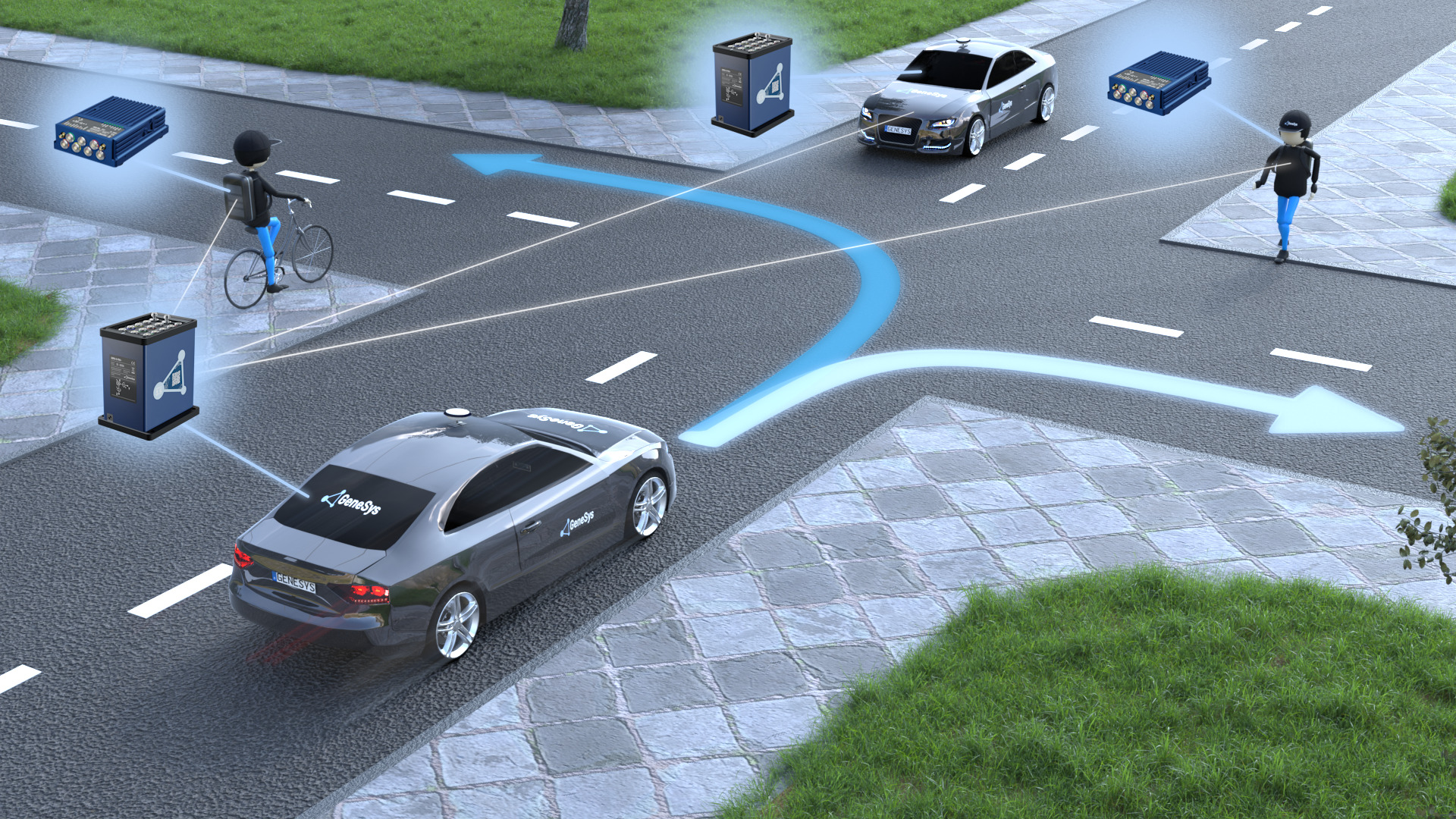SAE J2980 Sensor Performance Testing for ADAS Systems
The SAE J2980 standard is a critical tool in ensuring the safety and performance of advanced driver-assistance systems (ADAS) within automotive testing. This standard outlines procedures for evaluating the sensor performance parameters that are integral to various ADAS features, such as adaptive cruise control, lane-keeping assist, and collision avoidance systems.
SAE J2980 focuses on four primary sensor types commonly used in modern automobiles: radar, lidar, camera, and ultrasonic sensors. Each of these sensors plays a unique role in providing data to the ADAS system that enhances driving safety and comfort. The standard provides detailed testing methodologies for each sensor type, ensuring they meet specific performance criteria.
The sensor performance parameters tested under SAE J2980 include accuracy, precision, resolution, linearity, repeatability, and robustness. These parameters are crucial in determining the reliability of ADAS systems across various environmental conditions and driving scenarios. Testing these parameters ensures that the sensors provide accurate and consistent data to the vehicle's control system.
The testing process involves setting up a controlled environment where each sensor is exposed to a series of predefined test cases. Each test case simulates real-world driving situations, such as urban traffic or highway conditions, with varying weather and lighting conditions. The data collected from these tests are analyzed using specialized software that compares the sensor's performance against established thresholds.
One of the key aspects of SAE J2980 testing is the use of a calibrated test rig. This rig ensures that all sensors are tested under consistent conditions, minimizing variability in the results. The rig includes various obstacles and scenarios designed to challenge the sensors' ability to detect and interpret environmental data accurately.
The importance of this testing cannot be overstated. ADAS systems rely heavily on accurate sensor performance to function correctly. A single malfunction can lead to a breakdown in system reliability, potentially resulting in accidents. By adhering to SAE J2980 standards, manufacturers ensure that their vehicles are safe and reliable, meeting the highest safety standards.
The testing process is not only about ensuring compliance with international regulations but also about improving overall vehicle performance. By identifying and addressing any issues early in the development process, manufacturers can enhance the quality of ADAS systems, leading to safer vehicles on the road.
Why It Matters
The SAE J2980 standard is essential for several reasons. First and foremost, it ensures that all sensor-based ADAS features are tested rigorously before they are integrated into production vehicles. This testing process helps manufacturers identify any potential issues early in the development cycle, allowing them to make necessary adjustments before mass production.
Secondly, compliance with SAE J2980 standards is crucial for meeting regulatory requirements. Governments around the world have implemented strict regulations governing the safety of ADAS systems. Failure to meet these standards can result in legal consequences and damage to a manufacturer's reputation.
Thirdly, adherence to this standard enhances public trust in autonomous vehicle technology. As more vehicles incorporate advanced driver-assistance systems, consumers need reassurance that these technologies are safe and reliable. By demonstrating compliance with SAE J2980 standards, manufacturers can build confidence among potential customers.
Finally, SAE J2980 testing contributes to the advancement of autonomous vehicle technology. The rigorous testing process helps researchers and engineers identify new areas for improvement in sensor performance. This ongoing refinement leads to safer and more efficient ADAS systems, ultimately contributing to the broader goal of widespread autonomous driving.
Applied Standards
| Standard | Description |
|---|---|
| SAE J2980R-16 | This version of the standard provides detailed procedures for evaluating sensor performance parameters in ADAS systems. |
| SAE J2980R-17 | This version introduces additional test cases and criteria for evaluating ultrasonic sensor performance in ADAS systems. |
| SAE J2980R-18 | This version updates the standard to include new test cases for lidar sensor performance in ADAS systems. |
International Acceptance and Recognition
- The SAE J2980 standard is widely recognized by automotive manufacturers globally.
- It is adopted as a benchmark for sensor performance testing in autonomous vehicle development projects.
- Many countries have incorporated the use of this standard into their regulatory frameworks to ensure ADAS system safety and reliability.
- The standard has been endorsed by several major international organizations, including ISO and IEC.





